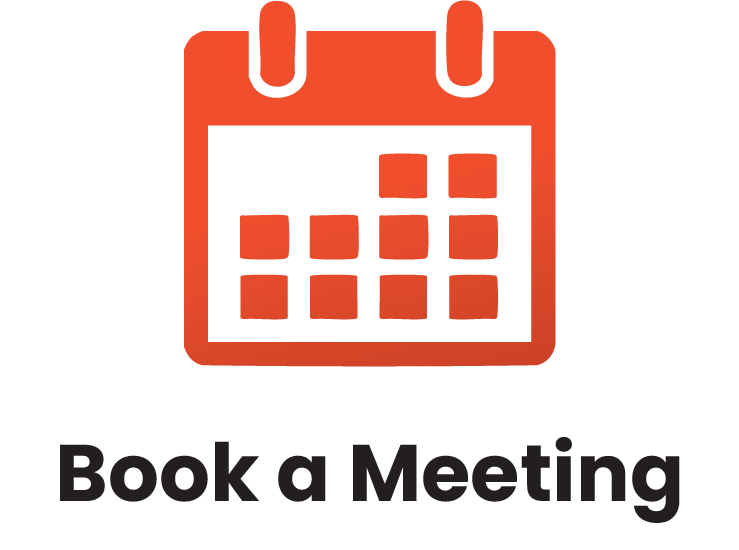Interactive training sessions led by experienced facilitators.
What is In-Person, Instructor-Led Training?
Our in-person training is delivered by a live facilitator who works directly with your team at your location. It’s our most popular format because it allows for real-time interaction, hands-on learning, and direct support.
Every session is tailored to your team’s specific goals, industry, and challenges—no generic, one-size-fits-all programs. Whether it’s a single session or a full training series, we design the experience to be relevant, practical, and fully aligned with your needs.
What is Live Webinar Training?
Live webinars are facilitator-led training sessions delivered online in real time. They’re ideal for teams working in different locations or with busy schedules.
This format offers shorter, more frequent sessions that are easy to coordinate—making it a convenient option for organizations with remote or distributed teams.
What is Virtual Classroom Training?
Virtual Classroom training is live, instructor-led training delivered online. It offers the same interactive experience as in-person sessions, with real-time discussions, group activities, and instructor feedback.
It’s a flexible option for organizations that want to reduce travel, save costs, or better fit training into busy schedules.
What is a Lunch & Learn Session?
Lunch & Learn sessions are short, facilitator-led training sessions delivered in person or online—typically during the lunch hour. They focus on specific topics or skills and offer a quick, engaging way to learn without a full-day commitment.
These sessions can be offered as one-time events or as part of a series, making them a great option for ongoing, bite-sized learning.
Online Learning
Enjoy our self-paced option and learn from anywhere!
$199.00 USD
Managing Difficult Conversations
We have so many interactions in the run of a day, it’s reasonable to expect that some of them are going to be difficult. Whether these are conversations that you have in person, or you manage a virtual team and need to speak with someone in another city, there are things that you can do to make these conversations go smoothly. This one-day workshop will give you the tools to manage difficult conversations and get the best results possible out of them.
LEARNING OBJECTIVES
Learning Objectives
- Define frame of reference
- Establish a positive intent and a desired outcome
- Use good communication skills during a conversation
- Draft a script for a difficult conversation
- Use specific steps to carry out a difficult conversation
- Access additional resources as required
- Maintain safety in a conversation


COURSE OUTLINE
Choosing to Have the Conversation
Your first step in managing a difficult conversation (even if it happens suddenly) is to consider the potential outcomes and decide whether or not the conversation has enough value for you. This session will show participants ways to consider the consequences, as well as how to explore their frame of reference, establish positive intent, and identify what they want from the conversation.
Toolkit for Successful Conversations
Good communication skills are crucial for a successful conversation. This session will give participants tools for managing their body language, speaking persuasively, active listening, asking questions, and using probing techniques.
Choosing the Time and Place
This session will give participants tips on choosing a good meeting place and time for a difficult conversation (if they have that option).
Framework for Difficult Conversations
Next, participants will explore a seven-step framework for difficult conversations. They will also create a template to help them plan future conversations.
Staying Safe
In this session, participants will learn how to handle conversations which might be a threat to their safety.
Testing the Waters
To wrap up the course, participants will role play a difficult conversation that they have recently encountered.


















